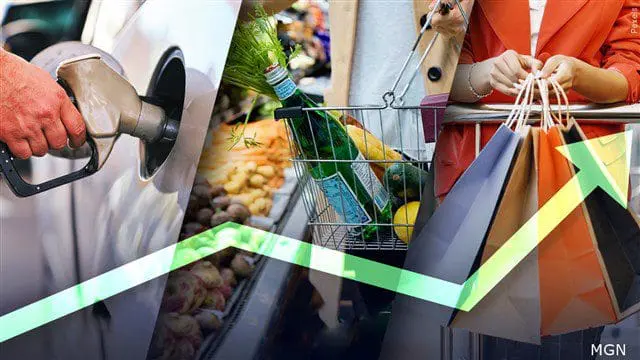Garden City, KS– U.S. Senators Roger Marshall, M.D. (KS) and Ted Cruz (TX) have introduced the National Regulatory Budget Act, legislation that would create transparency for the economic impacts of proposed and existing federal regulations. Specifically, this legislation establishes a new independent agency that would be required to assess and report on the economic costs of federal regulations, as well as create a regulatory budget process where Congress would establish caps for each federal agency and require federal agencies’ compliance with the caps.
“Out of control spending and crippling regulations enacted by President Biden and his cabinet are responsible for the inflation we are seeing in Kansas and across the nation,” said Senator Marshall. “Right now, these federal bureaucrats and political appointees answer to no one for the economic damage caused by their radical policies. We need watchdogs who understand business and finance to provide much needed economic oversight to the federal rulemaking process, along with a Congress that will put a stop to the out of control spending that is also contributing to rising prices.
“For far too long, government spending has been wildly out of control. Our massive debt and skyrocketing inflation have only been exacerbated by the Biden Administration’s disastrous regulations. It is imperative, now more than ever, that we mandate transparency from federal agencies and force them to answer for their irresponsible actions,” said Senator Cruz.
You may click HERE for the full text of the National Regulatory Budget Act.
You may click HERE for a one pager on the National Regulatory Budget Act.
Background:
According to the Consumer Price Index Report for June 2021, over the last 12 months:
- Food increased 10.4%
- Energy increased 41.6%
- Gasoline increased 59.9%
- Fuel oil increased 98.5%
- Energy services increased 19.4%
- Electricity increased 13.7%
- Utility (piped) gas service increased 38.4%
- New vehicles increased 11.4%
- Clothes increased 5.2%
- Transportation services increased 8.8%













